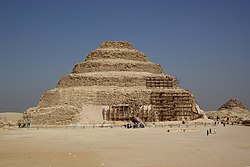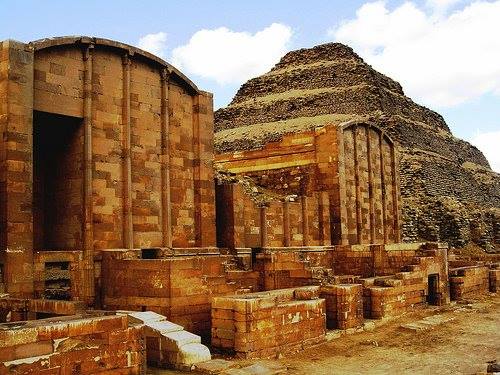Memphis was one of the oldest and most important cities in ancient Egypt, located at the entrance to the Nile River Valley near the Giza plateau. It served as the capital of ancient Egypt and an important religious cult center. The original name of the city was Hiku-Ptah (also Hut-Ka-Ptah) but it was later known as Inbu-Hedj which means ‘White Walls’ because it was built of mud brick and then painted white. By the time of the Old Kingdom (c. 2613-2181 BCE) it was known as Men-nefer (“the enduring and beautiful”) which was translated by the Greeks into ‘Memphis.’ It was allegedly founded by the king Menes (c. 3150 BCE) who united the two lands of Egypt into a single country. The kings of the Early Dynastic Period in Egypt (c. 3150-2613 BCE) and Old Kingdom (c. 2613-2181 BCE) ruled from Memphis, and even when it was not the capital, it remained an important commercial and cultural center.
The city features prominently throughout Egypt’s history from the earliest records of the Dynastic Era to the Ptolemaic Dynasty (323-30 BCE) but no doubt existed earlier in the Predynastic Period in Egypt (C. 6000-3150 BCE). The city’s location at the entrance to the Nile River Valley would have made it a natural place for an early settlement. From the earliest times through the end of ancient Egyptian history in the Roman period, Memphis played a role in the lives of the people. Kings ruled there, commerce took place in the markets, the great religious temples drew pilgrims and tourists, and some of the most famous kings of the country constructed their great monuments in or near the city. Alexander the Great had himself crowned pharaoh at Memphis, and the Rosetta Stone, the stele which unlocked the secret of Egyptian hieroglyphics, was originally issued from the city.
Memphis was believed to be under the protection of the god Ptah, the patron of craftsmen. Its great temple, Hut-ka-Ptah (meaning “Enclosure of the ka of Ptah”), was one of the most prominent structures in the city. The name of this temple, rendered in Greek as Aἴγυπτoς (Ai-gy-ptos) by the historian Manetho, is believed to be the etymological origin of the modern English name Egypt.



